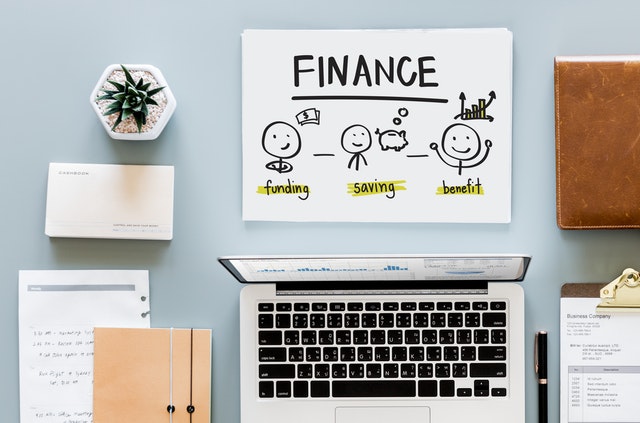A Guide to Saving up for the Rainy Days




Get your free Credit report that cost Rs 1200 for FREE
1. Build your Credit Score
2. Reduce your Current Borrowing / EMI Costs
When we were in the final year of our graduation, a close friend of mine decided to pursue film-making. His passion for movies and the theatre were benign when we had joined college, but after exploring theatre art, attending filmmaking workshops and spending an entire vacation by assisting the crew of Harishchandrachi Factory, he knew exactly what he had to do: drop-out of the college.
A twenty-one-year-old IITian from a middle-class family ideally has a well-beaten path to tread on, but he decided to pursue a career in filmmaking irrespective of a clear dissent from his family. He had all the passion which was required to pursue the job that he loved, but sadly there was no money backing up his dreams.
Somehow, we managed to crowdfund enough money to pay for his filmmaking school then and fortunately he is doing really well in his life right now, but when I look back I realize how essential it is to have emergency funds.
Having emergency funds will make sure that you don't jostle for money in the times of need. It is vital to have a minimum of three months of your salary or pocket-money saved up so that you can accommodate your emergency requirements with ease. One of the major benefits of having a separate fund for emergencies is that you can avoid resorting to loans or cash advances which could charge you about 20-30% rate of interest.
Here's a guide on how to build a sturdy emergency fund and keep it running.
Set up the Basic Emergency Fund
Search online, follow finance blogs or talk to a financial advisor to learn where you can park your money. A high-yielding savings account that gives easy liquidability is the best option for saving money for emergency needs.
Liquid funds or ultra short-term mutual funds with no exit load, that do not charge any interest on withdrawal, are also considered as a great alternative to park your emergency funds safely.
Aim, but Practically
While it's great to acknowledge the importance of having emergency funds, it's also essential to establish realistic saving goals for you and your family. Set a small initial goal by exploring the variety of saving schemes available in the market. Start with saving 15% of your salary. It might not be a large amount but you'll end up accumulating the desired funds within a few months.
However, a person might wish to accumulate larger funds due to the uncertainty linked with the sector he/she works in. If you fall into that sector, you can aim for diverting a higher chunk of your salary towards building your emergency fund.

Eye for a Long-Term Investment
In personal financing, it is often believed that savings could be counter-productive. This argument is based on the fact that if your savings are parked at 1% interest rate and the inflation rate is fluctuating between 2-3% throughout the year, there is a remarkable shrink in the returns from your savings account.
After setting up the basic fund (which is 3-4 months of your salary), you can invest the remaining amount in a low-risk liquid fund that would incur a higher interest.
Remember to Refuel Your Funds After Each Withdrawal
Emergencies are unanticipated. Sometimes, after coming out of a dangerous financial situation safe and sound, we lose the zeal to build up the emergency funds again. The key to good financial health is to have the grit to bounce back from such situations and have the determination to provide yourself and your family with a financially secure life.
So, buckle-up for a round-two if you went through a rough patch in life where you used up your emergency funds.
Points to Remember
-
Your basic fund should be at least three months of your salary.
-
To amass the basic fund within a reasonable period, you need to divert a minimum of 15% of your income to the savings account.
-
Go for a high-yielding savings account, which could give you high returns even after the inflation rate is adjusted.
-
After you've accumulated your basic emergency fund, invest in liquid fund or short-term mutual funds that offer higher liquidity and are less risky.
-
Ensure that the funds that you invest in don't carry any exit load.
To Sum Up
The importance of having emergency funds cannot be overstated. Having a safety net in the form of funds could help you in overcoming medical emergencies, job loss or any other crisis which requires significant funds. Keeping funds in a high-yielding savings account or investing in liquid funds will safeguard your future for any unanticipated event.
Accumulating emergency funds might sound like a strenuous job, but it has many long-term benefits. Follow effective saving techniques to set up a basic fund and keep moving up the ladder to get higher returns from it.
So this week, strike up a conversation with your friend on the importance of emergency funds and keep your coats ready for the rainy days!




 ®
® 